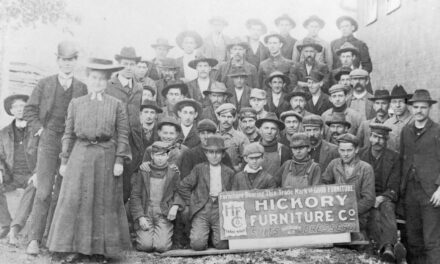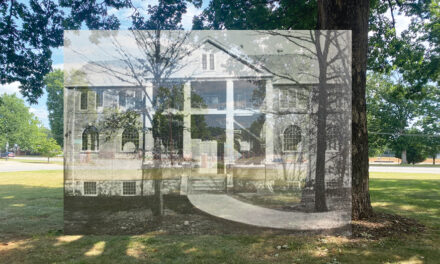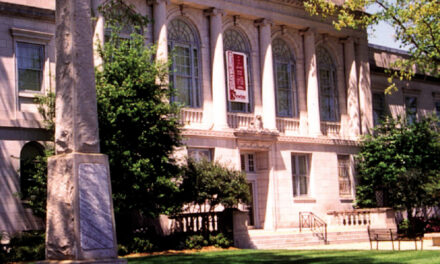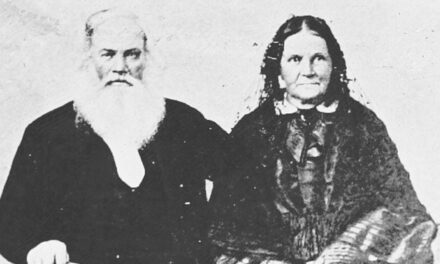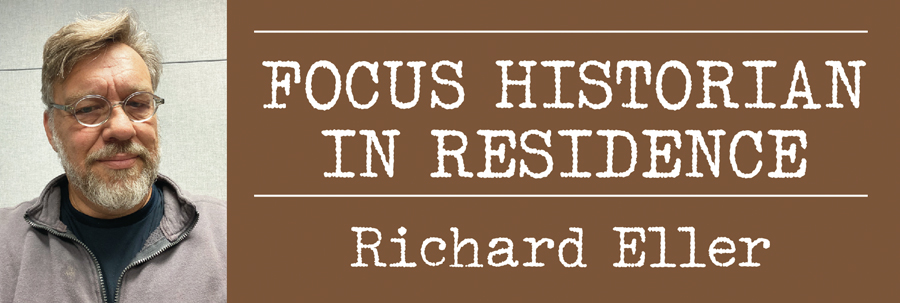
“What is in a name? That which we call a rose by any other name would smell as sweet.” William Shakespeare put those words into the mouth of Juliet in his tragedy of two lovers who could just not get it right.
Once a name is designated, it usually sticks. Ultimately, people forget how it got a moniker in the first place. Such is the case with numerous places throughout western North Carolina, a long way from where Romeo courted Juliet.
Some of these origin stories are just that, stories, which may or may not be 100% accurate. However, in the absence of factual information, one tale is as good as another. Speaking of relationships, it has been reported that the town of Claremont got its name from a similar love affair, though with a much more successful ending than Shakespeare’s.
At one time the name of the railroad stop east of Conover was up for grabs. Charlotte Crossing and Setzer’s Depot were all suggested names for the stopover. The railroad agent who worked there, a fellow by the name of Frank Cannon had a different idea. He sought the affections of a girl in town and wanted the destination named after her. To use a Victorian term, he was sparking her. His suggestion was to name the town in honor of Clara Sigmon. The town could have been called Claraville or Sigmonton I suppose, but instead of those labels, a compromise of Claremont was agreed upon. Technically, it is the Mont (hill) upon which Clare (Clara) lived.
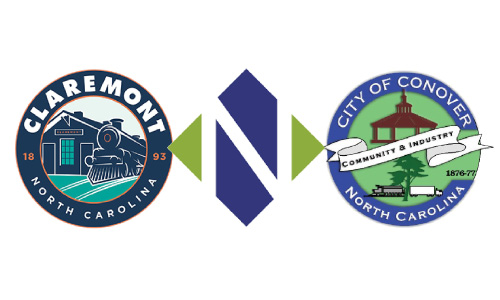
As it turned out, the courtship worked out (unlike Romeo and Juliet). Frank and Clara got married and lived out their lives in Claremont. In fact, the couple is buried there and reportedly, flowers are placed on their graves annually to thank them for giving the town its designation.
Other, less romantic stories account for the names of other towns. Newton was supposedly named for the son of fiery orator Nathaniel Wilson, the politician mainly responsible for Catawba County’s separation from Lincoln. His son, born in 1842, the year of the birth of the county, named for the river, which was named for the Catawba Indians, was christened in honor of George Newton, a “noted minister” in the area. Some other stories claim Sir Isaac Newton was the source.
Before it was Conover, a resident of the area, Mattie Miller Hollar wanted the community in which she lived to be called Canova, as tribute to her favorite Italian sculptor. Unfortunately, the choice might has been too artsy for some. A train conductor just couldn’t get the hang of saying it that way and corrupted the pronunciation to that of the present day spelling.
As with some of these tales comes an alternate origin story. It’s possible a Morganton woman knew a family from the north and wanted to name it after them. Both stories seem a bit far-fetched, until you consider that either way, Conover is a much better tag than the town’s original name, the “Y” because it grew up around the fork in the railroad’s main line that had a spur that all allowed the train to back into Newton (until the line changed).
Three towns with three unique name origins. As you might guess, there’s more.
Photo: Three Catawba County towns, each getting their names in new and unique ways.

